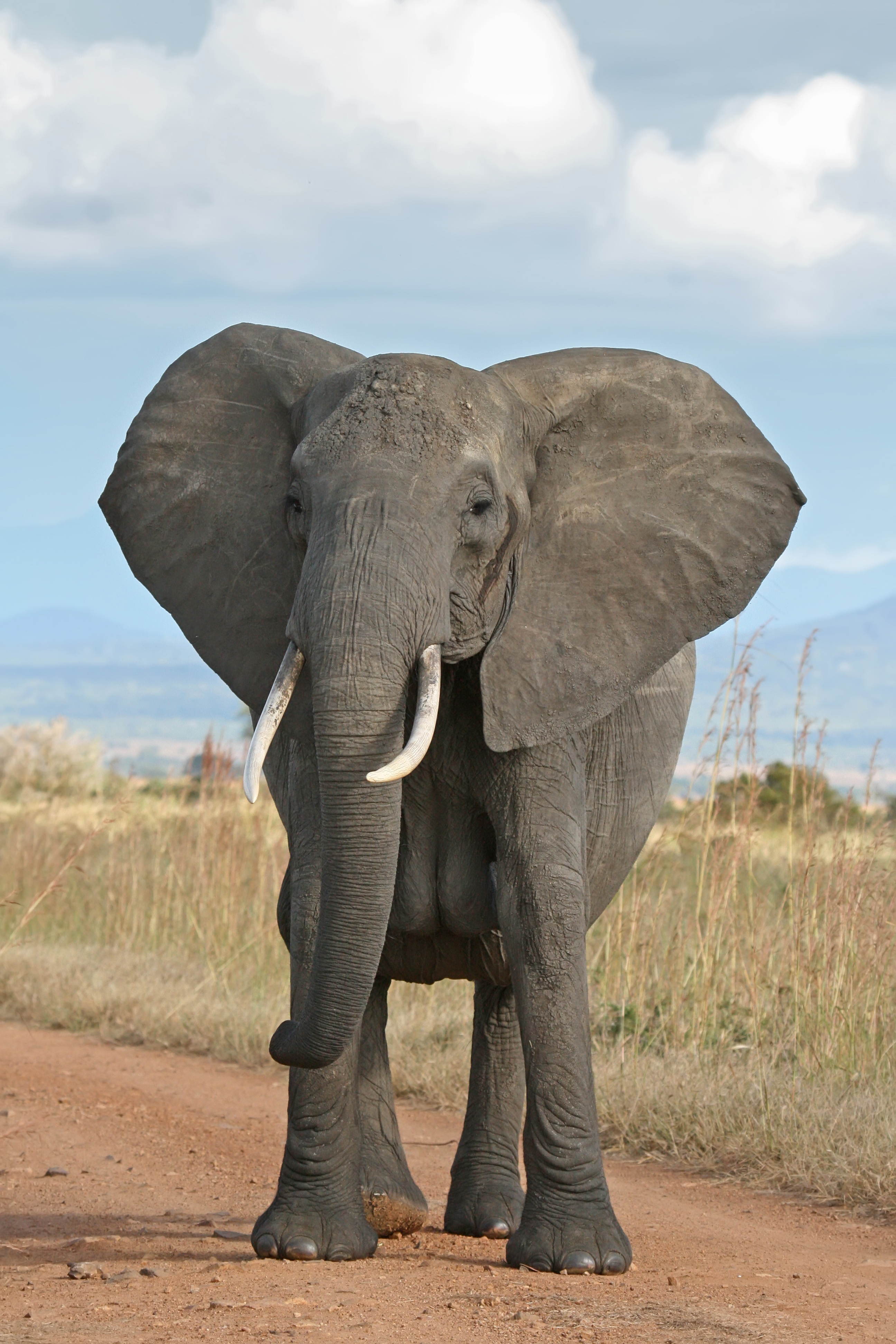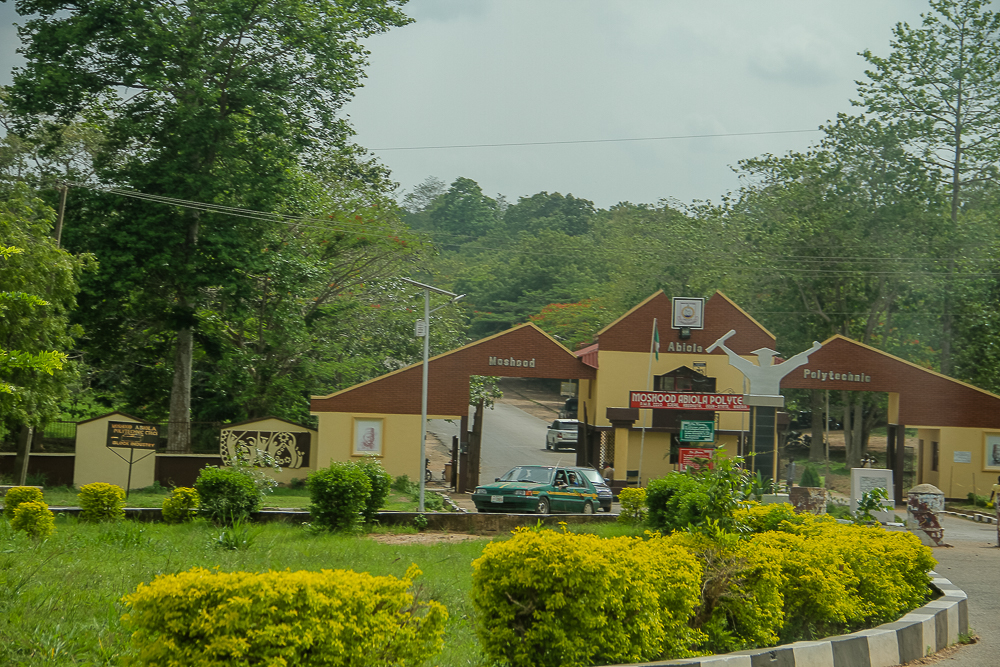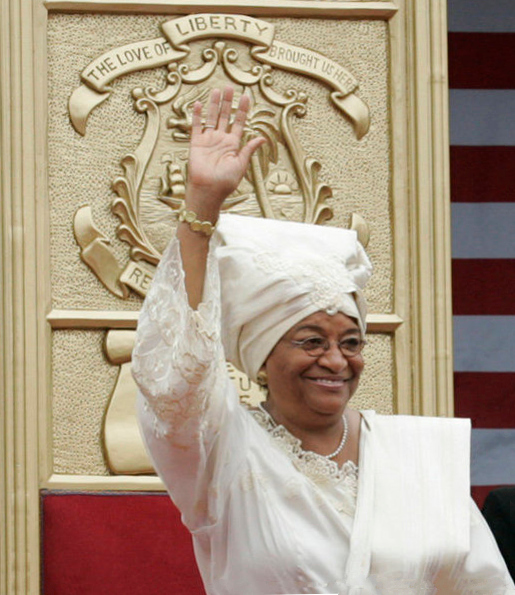|
Egbaland
The Egba people are a subgroup of the Yoruba people, an ethnic group of western Nigeria, a majority of whom are from the central part of Ogun State that is Ogun Central Senatorial District. Ogun Central Senatorial District comprises six local government areas in Ogun State: Abeokuta North, Abeokuta South, Ewekoro, Ifo, Obafemi Owode and Odeda local governments. Etymology The origination of the word Egba is disputed. The first meaning may come from the word Ẹ̀gbálugbó, meaning wanderers towards the forest, and this comes from the fact that the ancestors of the Egba people came from the region of the Oyo Empire to the "Egba Forest" and formed what we now know as the city of Abeokuta. The "Egbalugbo" were in conjunction with the Ẹ̀gbáluwẹ or Ẹ̀gbálodó, meaning the wanderers towards the river, who later shortened their name to " Egbado," another subethnic group of the Yoruba. Another possible meaning may come from the word Ẹsẹ̀gbá, the title of a chief w ... [...More Info...] [...Related Items...] OR: [Wikipedia] [Google] [Baidu] |
Alake Of Egba (title)
The Alake of Egbaland is the paramount Yoruba king of the Egba, a clan in Abeokuta, Ogun State, southwestern Nigeria. Egba consists of Egba Ake, Owu kingdom, Oke-Ona and Egba Gbagura. History Sagbua Okukenu became the first Alake of Egbaland, ruling between 8 August 1854 to 31 August 1862. Prior to the appointment of the Sagbua Okukenu in 1846, Shomoye was installed as regent for one year, between 1845 and 1846, and following the demise of Oba Okukenu in 1862, Shomoye returned to the throne of the Alake of Egbaland as a regent, where he spent four years between 1862 and 1866. Following this, Oba Ademola I was appointed on 28 November 1869. He ruled for eight years until his demise on 30 December 1877. On 1 January 1878, Oba Oyekan was appointed as the Alake of Egbaland. He spent three years on the throne before dying on 18 December 1881. Thereafter, Oluwaji was appointed on 9 February 1885, and ruled in this capacity for four years (27 January 1889). After a two-year vacancy ... [...More Info...] [...Related Items...] OR: [Wikipedia] [Google] [Baidu] |
Egba Gbagura
Egba Gbagura is one of the five sections of Egbaland, the others being Ake, Oke-Ona, the Owu and Ibara (historically, Ibara is part of Yewa (Egbado), not Egba, although it is located in the present day Abeokuta geographically). It is a traditional state which joins with its bordering sections to form something of a high kingship. The Agura of Gbagura is the traditional ruler of this subsection of the Egba, and under his jurisdiction are the rulers of the 72 townships that each bear the title ''Baale''. Though the Agura is technically in equal power to the Alake, ever since the colonial era the Alake has been considered to be the supreme leader of all of Egbaland, not just the Ake section. History The Egba people's original homeland in the Egba forest was established by Yoruba migrants from elsewhere. According to ''The History of the Yorubas'' by Samuel Johnson, Eso Ikoyi chiefs in the retinue of the first Alake of the Egbas joined him in founding a new community - the con ... [...More Info...] [...Related Items...] OR: [Wikipedia] [Google] [Baidu] |
Egba Alake
Egba Ake, otherwise known as Egba Alake, is one of the five sections of Egbaland, the others being Oke-Ona, Gbagura, the Owu and Ibara (historically, Ibara is part of Yewa, not Egba, although it is located in the present day Abeokuta geographically). It is a traditional state which joins with its bordering sections to form something of a high kingship. The Alake of Abeokuta, or Alake of Egbaland, is the traditional ruler of the Egba clan of Yoruba in the city of Abeokuta in southwestern Nigeria. The Egba Ake section is seen by traditionalists as Abeokuta's aristocracy due to the fact that its principal noblemen, the Omo-Iya-Marun, serve as the kingmakers of the Alake, who must himself also come from this section. History The Egba people's original homeland in the Egba forest was established by Yoruba migrants from elsewhere. According to ''The History of the Yorubas'' by Samuel Johnson, Eso Ikoyi chiefs in the retinue of the first Alake of the Egba joined him in founding ... [...More Info...] [...Related Items...] OR: [Wikipedia] [Google] [Baidu] |
Adegboyega Edun
Adegboyega Edun (né Jacob Henryson Samuel; July 22, 1860 – c.1925) was an Egba official. He served as the secretary of the Egba United Government, a colonial-era Yoruba political entity. Life A Saro, Edun was born in Sierra Leone on Sunday, July 22, 1860, to Egba parents. He attended Richmond Theological College, England, and matriculated at the University of London in 1887, where he was placed in the first division. He was a very brilliant scholar, and after graduating he began to function as a pastor and teacher. He was ordained as a minister in the Methodist Church. From 1893 to 1902, he was the principal of the Wesleyan Boy’s High School, Lagos. His public service at this time earned him the appreciation of the Governor of Lagos Colony, Sir William Macgregor. On April 24, 1902, Edun relinquished the church ministry because he was offered the position as the Secretary of the Egba United Government (or E.U.G.). He also gave up his English name in 1904 and assumed the anc ... [...More Info...] [...Related Items...] OR: [Wikipedia] [Google] [Baidu] |
Yoruba People
The Yoruba people (, , ) are a West African ethnic group that mainly inhabit parts of Nigeria, Benin, and Togo. The areas of these countries primarily inhabited by Yoruba are often collectively referred to as Yorubaland. The Yoruba constitute more than 42 million people in Africa, are a few hundred thousand outside the continent, and bear further representation among members of the African diaspora. The vast majority of the Yoruba population is today within the country of Nigeria, where they make up 21% of the country's population according to CIA estimations, making them one of the largest ethnic groups in Africa. Most Yoruba people speak the Yoruba language, which is the Niger-Congo language with the largest number of native or L1 speakers. In Africa, the Yoruba are contiguous with the Yoruboid Itsekiri to the south-east in the northwest Niger Delta, Bariba to the northwest in Benin and Nigeria, the Nupe to the north, and the Ebira to the northeast in central Nigeria ... [...More Info...] [...Related Items...] OR: [Wikipedia] [Google] [Baidu] |
Abeokuta South
Abọ foto Abeokuta South is a Local Government Area in Ogun State, Nigeria. The headquarters of the LGA are at Ake Abeokuta. It has an area of 71 km and a population of 250,278 at the 2006 census. The postal code of the area is 110. It was represented by Dimeji Bankole, the former speaker of the House of Representatives, from 2003 to 2011. See also Abeokuta Abeokuta is the capital city of Ogun State in southwest Nigeria. It is situated on the east bank of the Ogun River, near a group of rocky outcrops in a wooded savanna; north of Lagos by railway, or by water. , Abeokuta and the surroundin ... References Local Government Areas in Ogun State Local Government Areas in Yorubaland {{Ogun-geo-stub ... [...More Info...] [...Related Items...] OR: [Wikipedia] [Google] [Baidu] |
Newspaper
A newspaper is a periodical publication containing written information about current events and is often typed in black ink with a white or gray background. Newspapers can cover a wide variety of fields such as politics, business, sports and art, and often include materials such as opinion columns, weather forecasts, reviews of local services, obituaries, birth notices, crosswords, editorial cartoons, comic strips, and advice columns. Most newspapers are businesses, and they pay their expenses with a mixture of subscription revenue, newsstand sales, and advertising revenue. The journalism organizations that publish newspapers are themselves often metonymically called newspapers. Newspapers have traditionally been published in print (usually on cheap, low-grade paper called newsprint). However, today most newspapers are also published on websites as online newspapers, and some have even abandoned their print versions entirely. Newspapers developed in the 1 ... [...More Info...] [...Related Items...] OR: [Wikipedia] [Google] [Baidu] |
Moshood Kashimawo Olawale Abiola
Moshood Kashimawo Olawale Abiola , also known as M. K. O. Abiola (24 August 1937 – 7 July 1998) was a Nigerian businessman, publisher, and politician. He was the Aare Ona Kankafo XIV of Yorubaland and an aristocrat of the Egba clan. M.K.O. Abiola ran for the presidency in 1993, for which the election results were annulled by the preceding military president Ibrahim Babangida because of allegations that they were corrupt and unfair.Hamilton, Janice. ''Nigeria in Pictures'', p. 70. Abiola was awarded the GCFR posthumously on 6 June 2018 by President Muhammadu Buhari and Nigeria's democracy day was changed to June 12. Abiola was a personal friend of Ibrahim BabangidaRufai, Misbahu. (1990, May 11). A man called MKO. ''Muslim Journal.'' and he is believed to have supported Babangida's coming to power. Abiola's support in the June 1993 presidential election cut across all geo-political zones and religious divisions, among a few politicians to accomplish such a spread during ... [...More Info...] [...Related Items...] OR: [Wikipedia] [Google] [Baidu] |
Egba United Government
The Egba United Government (EUG) was a political entity in the late 19th century in what is today Nigeria. The Government was formally established by the Lagos Colony Governor - Mccallum at a meeting organised in 1898, by William Alfred Allen an Egba man who was the Colonial Government Agent in Abeokuta. William Alfred Allen was appointed the First Secretary to the Government by the Colonial government while the Egba rulers were given government portfolios. Allen was eventually succeeded by Adegboyega Edun. The EUG was recognized by the British at the end of the Yoruba civil wars in 1893, thus making it one of Africa's ''legally existing'' nation-states (at least according to modern international law) to remain independent during the Scramble for Africa. Its independence did not last for long, however, as the nature of the government, which placed constraints on the power of the king, was antithetical to Frederick Lugard's vision of "indirect rule Indirect rule was a system of ... [...More Info...] [...Related Items...] OR: [Wikipedia] [Google] [Baidu] |
Ogun State
Ogun State is a state in southwestern Nigeria. Created on 3 February 1976 from the former Western State. Ogun State borders Lagos State to the south, Oyo State and Osun State to the north, Ondo State to the east, and the Republic of Benin to the west. Abeokuta is both Ogun State's capital and most populous city; other important cities in the state include Ijebu Ode, the royal capital of the Ijebu Kingdom, and Sagamu, Nigeria's leading kola nut grower. Ogun state is covered predominantly by rain forest and has wooden savanna in the northwest . Ogun State had a total population of 3,751,140 residents as of 2006, making Ogun State the 16th most populated state in Nigeria In terms of landmass, Ogun State is the 24th largest State in Nigeria with land area of 16,762 kilometer square. Nicknamed the "Gateway to Nigeria", the state is notable for having a high concentration of industrial Estates and being a major manufacturing hub in Nigeria. Major factories in Ogun include the Dang ... [...More Info...] [...Related Items...] OR: [Wikipedia] [Google] [Baidu] |
Head Tie
A head tie also known as a headwrap is a women's cloth head scarf that is commonly worn in many parts of West Africa and Southern Africa. The head tie is used as an ornamental head covering or fashion accessory, or for functionality in different settings. Its use or meaning can vary depending on the country and/or religion of those who wear it. Among Jewish women, the Biblical source for covering hair comes from the Torah in the book of Bamidbar Parshas Nasso which contains the source for the obligation of a married woman to cover her hair. An ''eesha sotah'' is a woman whose husband suspects her of having acted immorally. The Torah commands the Kohein to take various steps to demonstrate that the ''sotah'' has deviated from the modest and loyal path of most married Jewish women (Rashi 5:15-27). Among the procedures, the ''pasuk'' clearly states: ''“ufora es rosh haisha…”'' ''and he shall uncover the hair of the head of the woman'' (5:18). One can only uncover something t ... [...More Info...] [...Related Items...] OR: [Wikipedia] [Google] [Baidu] |
Headgear
Headgear, headwear, or headdress is the name given to any element of clothing which is worn on one's head, including hats, helmets, turbans and many other types. Headgear is worn for many purposes, including protection against the elements, decoration, or for religious or cultural reasons, including social conventions. Purposes Protection or defence Headgear may be worn for protection against cold (such as the Canadian tuque), heat, rain and other precipitation, glare, sunburn, sunstroke, dust, contaminants, etc. Helmets are worn for protection in battle or against impact, for instance when riding bicycles or motor vehicles. There are also hats that are worn for protection from the cold. Fashion Headgear can be an article of fashion, usually hats, caps or hoods. The formal man's black silk top hat was formerly an indispensable portion of the suit, and women's hats have, over the years, attained a fantastic number of shapes ranging from immense confections to ... [...More Info...] [...Related Items...] OR: [Wikipedia] [Google] [Baidu] |





.jpg)


